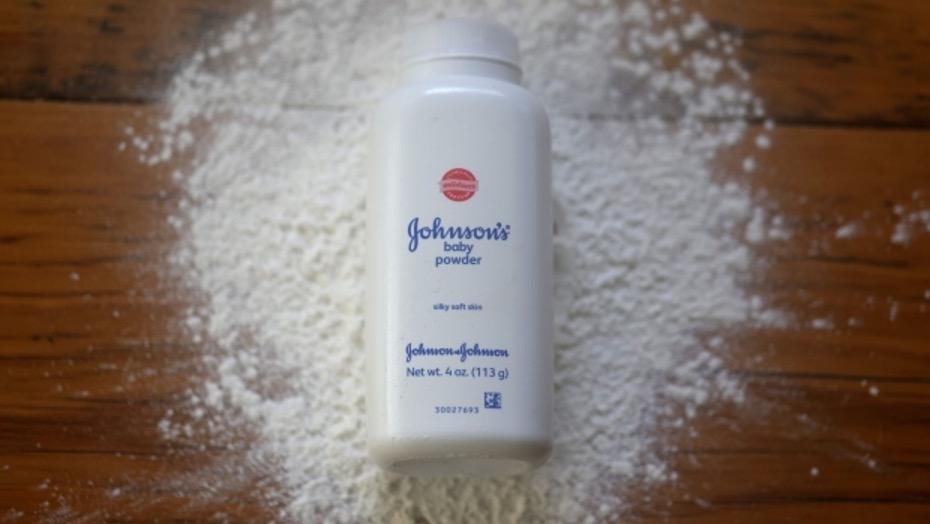Keeping the Brand Strategy Alive
One of the cornerstones of Navigator’s operations is brand strategy. We work closely with our clients to understand and articulate the essence of the company and to move the brand in the desired direction. Just like training, building a brand takes time and energy, and it’s work that must be constantly maintained. If not, things can go very wrong.
It’s Quick to Ruin a Brand
One of the most famous and accurate quotes in this field comes from the financier Warren Buffet:
“It takes 20 years to build a reputation and five minutes to ruin it.”
Ungrateful, isn’t it? But it’s a fact that is true. And it’s a fact that people more easily remember individual mistakes than decades of good behavior. This is especially true when it comes to companies whose shortcomings we generally show less understanding for. There are endless opportunities to ruin even the finest brand, like when communication goes awry or morals falter.
When Communication Goes Awry
Looking at failed communication is a bit like watching bloopers from a movie. You understand that the intentions were good, but somewhere along the line, things went wrong in the process. If only the brains behind the following examples had asked themselves, “Is this ad/text/image in line with what the brand should stand for?” they could have avoided a lot of headaches.
H&M
An advertising debacle from 2018 dealt a severe blow to H&M’s reputation and brand. After accusations of racism, many publicly distanced themselves from H&M. Among others, the artist The Weeknd announced to his 17 million followers on X/Twitter that he was ending his relationship with the clothing company in protest.
Pepsi
Pepsi’s commercial featuring Kendall Jenner has been dubbed the worst ad ever. In the film, set amidst the Black Lives Matter protests, Kendall is sent forward to broker peace between police and protesters. How? By offering the police a Pepsi. The soft drink company was subsequently dragged through the media as they were seen as capitalizing on the struggle for a fairer society.
When Morals Falter
No matter how failed an advertising campaign becomes, the brand can often recover, albeit at a cost. After all, in people’s eyes, it’s “just” advertising. It gets much worse when a brand behaves badly. Especially if this happens knowingly or if one is even deceived to make money. For most companies, this behavior is officially off-brand, but with a dormant core value, it still happens. Again and again. More companies should think: “Is our behavior in line with what the brand should stand for?”
Johnson & Johnson
In 2017, the scandal erupted around Johnson & Johnson’s baby powder. An investigation revealed that the product contained the carcinogenic substance asbestos – and that the company’s management knew about it. After paying out billions of dollars in damages, hey put their subsidiary into bankruptcy in 2021 t. On top of that, Johnson & Johnson faced another scandal, namely that they then shirked their responsibility.
Scania
Truck manufacturer Scania claims to have a zero-tolerance policy against corruption. Therefore, it was, of course, embarrassing when SVT’s Uppdrag Granskning revealed that the company had paid bribes to secure lucrative bus contracts in India. After the media storm, Scania chose to shut down its bus production in India, which roughly cost shareholders half a billion. How much the deal still burdens Scania’s trust account is unclear.
The Importance of Nurturing the Brand
The examples above illustrate the importance of keeping the brand alive internally. In the boardroom and management, in the marketing department – in all parts of the company. Being true to the brand is paramount because, ultimately, you get the reputation you deserve.
A brand strategy must never become a desk product; it must be implemented in every cell of the organization. All employees should know what applies. Always. And everyone needs regular reminders and updates on the values. On the roots. On how the brand should be perceived. As one of the good companies or as greedy cheats.
Warren Buffet has a point. Nurture the brand carefully. Everything else can be costly.
This article is translated by a platform from OpenAI





